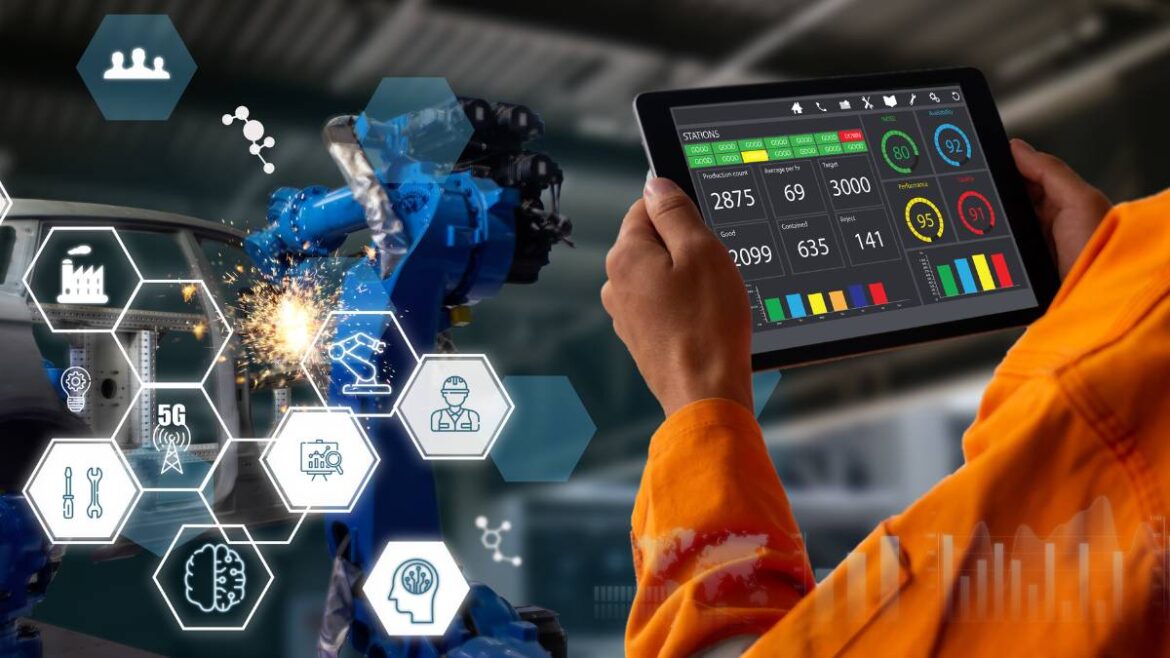The Role of Machine Learning in Marketing
Machine learning, a buzzword that has captured the attention of the marketing world, is more than just a fleeting trend. It’s a powerful subset of artificial intelligence (AI) that’s reshaping how marketers understand and engage with their audiences. This article aims to provide a comprehensive insight into the role of machine learning in marketing, highlighting its potential to redefine customer interaction and business growth.
Understanding Machine Learning in Marketing
What is Machine Learning?
Machine learning, a branch of AI, involves algorithms that learn from data, making informed decisions or predictions without explicit programming. In the realm of marketing, these algorithms process customer data to identify patterns, enabling predictions about future behaviors and preferences.
How Machine Learning Functions in Marketing
Machine learning algorithms analyze customer data, spotting trends in purchasing behaviors, preferences, and engagement with marketing initiatives. This process can involve various types of algorithms, such as supervised learning (trained on labeled data), unsupervised learning (discovering patterns in unlabeled data), and reinforcement learning (decision-making based on environmental feedback).
Benefits of Machine Learning in Marketing
- Enhanced Customer Engagement: By identifying behavioral patterns and preferences, machine learning enables marketers to create highly personalized campaigns, fostering deeper customer engagement and stronger relationships.
- Increased ROI: Optimizing marketing campaigns using machine learning insights can yield higher returns on investment, ensuring resources are utilized efficiently.
- Personalized Marketing: Machine learning facilitates bespoke marketing strategies that cater to individual customer needs, elevating the relevance and effectiveness of content delivered.
- Predictive Analytics: Predictive models powered by machine learning offer foresight into customer needs and preferences, allowing for proactive and targeted marketing strategies.
Real-World Applications of Machine Learning in Marketing
- Amazon’s Personalized Recommendations: Amazon utilizes machine learning to offer tailored product suggestions based on customer behavior and preferences, enhancing shopping experiences and customer satisfaction.
- Netflix’s Customized Content Suggestions: Netflix employs machine learning algorithms to recommend content, ensuring users find shows and movies aligned with their interests.
- Spotify’s Individualized Playlists: Spotify leverages machine learning to curate personalized playlists, offering users music choices that resonate with their tastes.
- CocaCola’s Customized Bottles: CocaCola’s unique marketing campaign used machine learning to create personalized bottles, enhancing customer engagement and fostering a deeper connection with the brand.
Implementing Machine Learning in Your Marketing Strategy
- Identify Relevant Data: Determine the types of customer data crucial for analysis, focusing on behaviors, preferences, and trends.
- Select the Appropriate Algorithm: Choose a machine learning algorithm suited to your data type and marketing objectives.
- Develop a Machine Learning Model: Build a model based on historical data, enabling it to predict or make decisions about future customer behaviors.
- Test and Refine Your Model: Continuously evaluate and adjust your model for accuracy and efficiency, ensuring it remains effective in your marketing strategy.
Challenges and Considerations
- Data Privacy and Security: Safeguard customer data to avoid breaches and misuse.
- Transparency in Decision-Making: Maintain clarity in how machine learning influences decisions.
- Quality Data Dependence: Ensure data accuracy for reliable machine learning outcomes.
- Skill Requirement: Invest in professionals skilled in data analysis, statistics, and machine learning.
Looking Ahead: The Future of Machine Learning in Marketing
Emerging trends like natural language processing and deep learning are set to further enhance machine learning in marketing. Its impact on the industry is poised to grow, offering more personalized and effective marketing strategies. As these technologies evolve, businesses that embrace machine learning stand to gain a significant competitive edge.
Conclusion
Machine learning offers an exciting avenue for marketers to delve deeper into customer behaviors and preferences. Despite its challenges, the benefits, including improved customer engagement, higher ROI, and personalized marketing, are transformative. As we look to the future, machine learning is set to become an even more integral and sophisticated tool in the marketing arsenal.
Ready to explore how machine learning can elevate your marketing strategy? Contact Ravensdale today and unlock the potential of data-driven, personalized marketing solutions.





